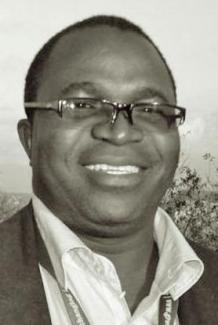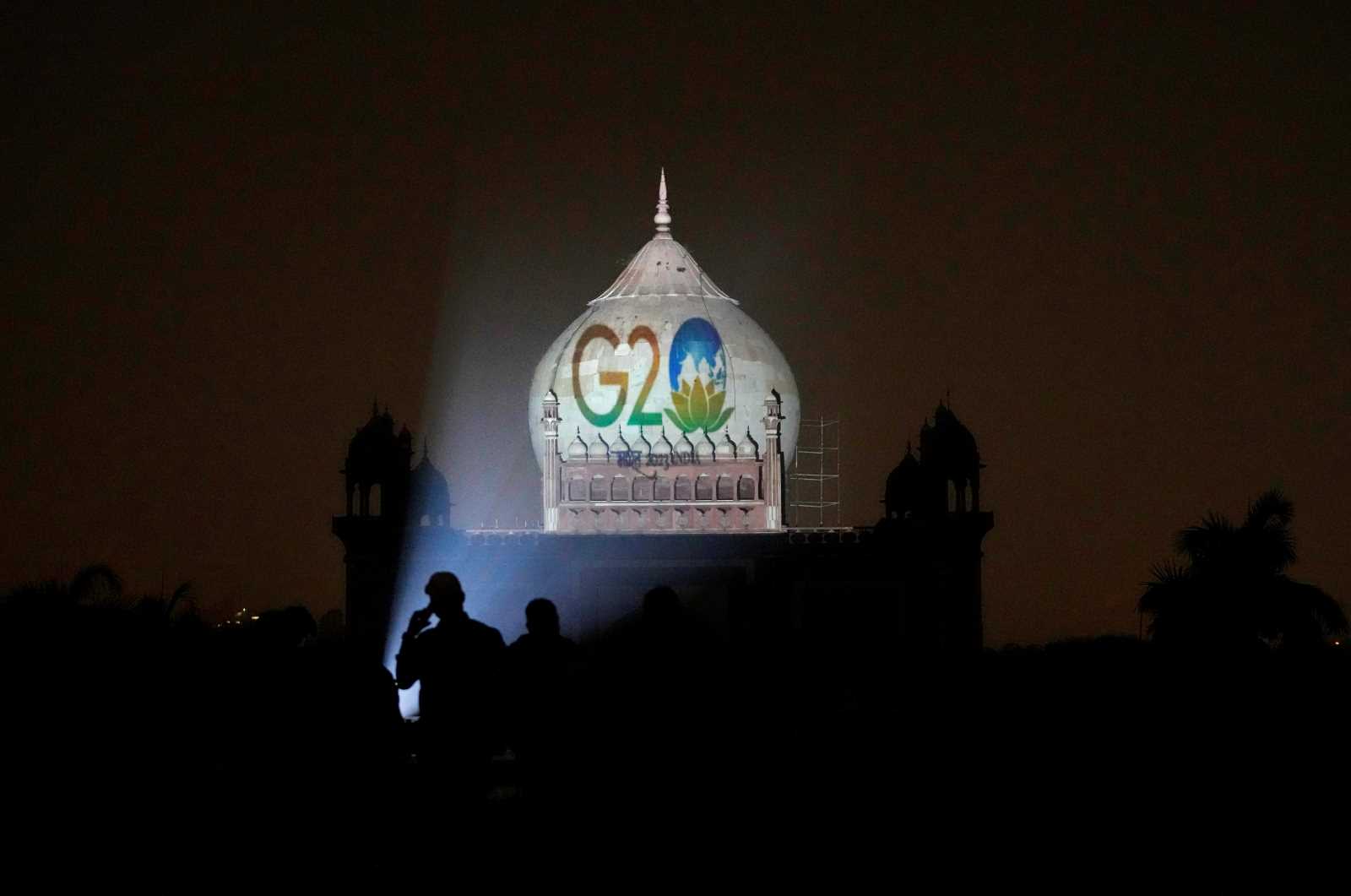Malawi
Hot business in need of water

To improve food security, the government is in favour of fish farming. Donor agencies such as Britain's Department for International Development helped to get the aquaculture industry started in the past decade. Not only farmers have been encouraged to invest in this kind of business. Agness Kachepa resigned as a teacher a few years ago and went into fish farming. Today, she owns five fish ponds and makes more money than she used to do as a teacher.
Daniel Jamu is a senior researcher at the World-Fish Centre’s country office in Malawi. He has helped quite a number of aquaculture entrepreneurs get started. World-Fish belongs to the Consultative Group on International Agricultural Research (CGIAR) and has bred a genetically improved tilapia variety. It matures early. Jamu says that it helps Malawian farmers earn money fast: “Farmers can harvest fish after six weeks or so.”
As fish from Lake Malawi has become quite expensive, consumers increasingly depend on the products of aquaculture. The prices are fair, and the taste is good. Most fish one finds in the markets nowadays has been industrially bred. Accordingly, the fish-farming sector has become indispensable.
It faces challenges of its own, of course. One is the high cost of feed which producers must ultimately pass on to consumers. A more serious problem is the drying up of rivers and streams as a result of both climate change and forest degradation. Without water, fish farms are obviously unviable.
Malawians must certainly do more to protect the environment for aquaculture to expand – but they have little bearing on global warming. Malawi does not emit much greenhouse gases, but the country is exposed to the environmental change brought about by more prosperous nations. The irony of the matter is that support from international donors has helped to start a promising new industry in Malawi, but this industry’s growth is seriously hampered by a global environmental problem Malawi can do nothing about – whereas donor nations could.
Raphael Mweninguwe is a freelance journalist in Malawi.
raphael.mweninguwe@hotmail.com













